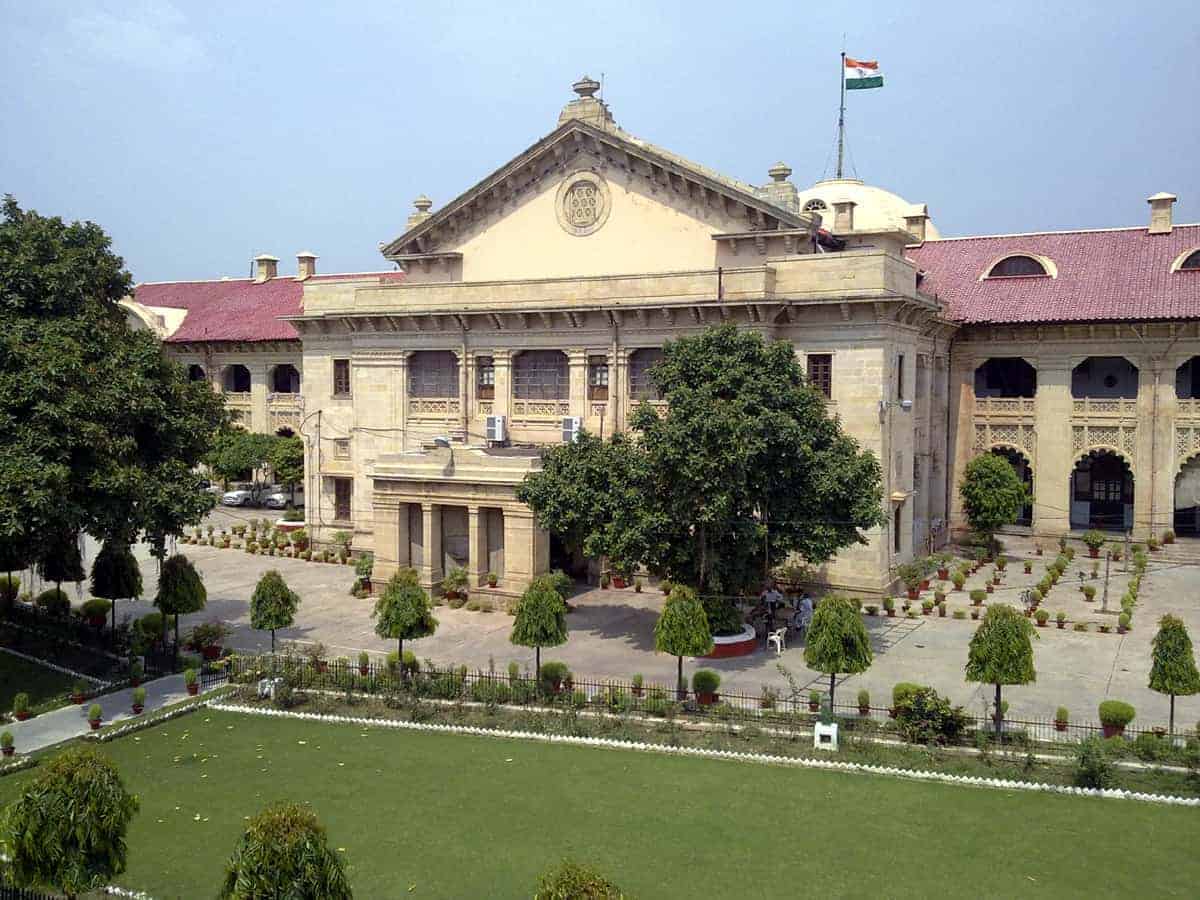
Prayagraj: In a recent judgment, the Allahabad High Court has held that UP Conversion Law applies not only to marriage but also to live-in relationships.
Justice Renu Agarwal made the observation while rejecting an inter-religion couple’s plea for police protection.
The court said conversion is not only required for the purpose of marriage but it is also required in all relationships in the nature of marriage, and, therefore, the Uttar Pradesh Prohibition of Unlawful Conversion of Religion Act, 2021 applies to marriages or live-in relationships.
The Act, which came into force on March 5, 2021, made it mandatory for interfaith couples to seek conversion according to its provisions, the court said.
“In the case at hand, admittedly, none of the petitioners has moved application for conversion of religion in accordance with Section 8 and 9 of the Act,” it said.
The court also referred to the explanation to Section 3(1) of the Act which says: “No person shall convert or attempt to convert, either directly or otherwise, any other person from one religion to another by use or practice of misrepresentation, force, undue influence, coercion, allurement or by any fraudulent means. No person shall abet, convince or conspire such conversion.”
It explains that conversion by solemnisation of marriage or relationship in the nature of marriage on account of factors shall be deemed included, the court further said.
“Petitioners have not yet applied for conversion as per provisions of Section 8 and 9 of the Act, hence, the relationship of petitioners cannot be protected in contravention of the provisions of law,” the court said.
The law is explicit and it mandates that conversion is required not only in cases of inter-caste marriages but relationships in the nature of marriage. “Hence, Courts should refrain from embarking upon the interpretation of law in any sense when the law is very explicit,” it said.
Justice Agarwal relied also on a Supreme Court order in a relevant case which said a couple must be of legal age to marry and qualified to enter into legal marriage, including being unmarried, and they must be akin to spouse for significant period of time.
In its order dated March 5, the high court order said, “No proof of joint account, financial security, joint property or joint expenditure is produced before this Court. Petitioners have not applied for conversion so far.”
Denying protection to the inter-religion couple, the court said, “Till date, no FIR has been lodged by the parents of any of the petitioner, therefore, there is no challenge to the relationship of petitioners.”
